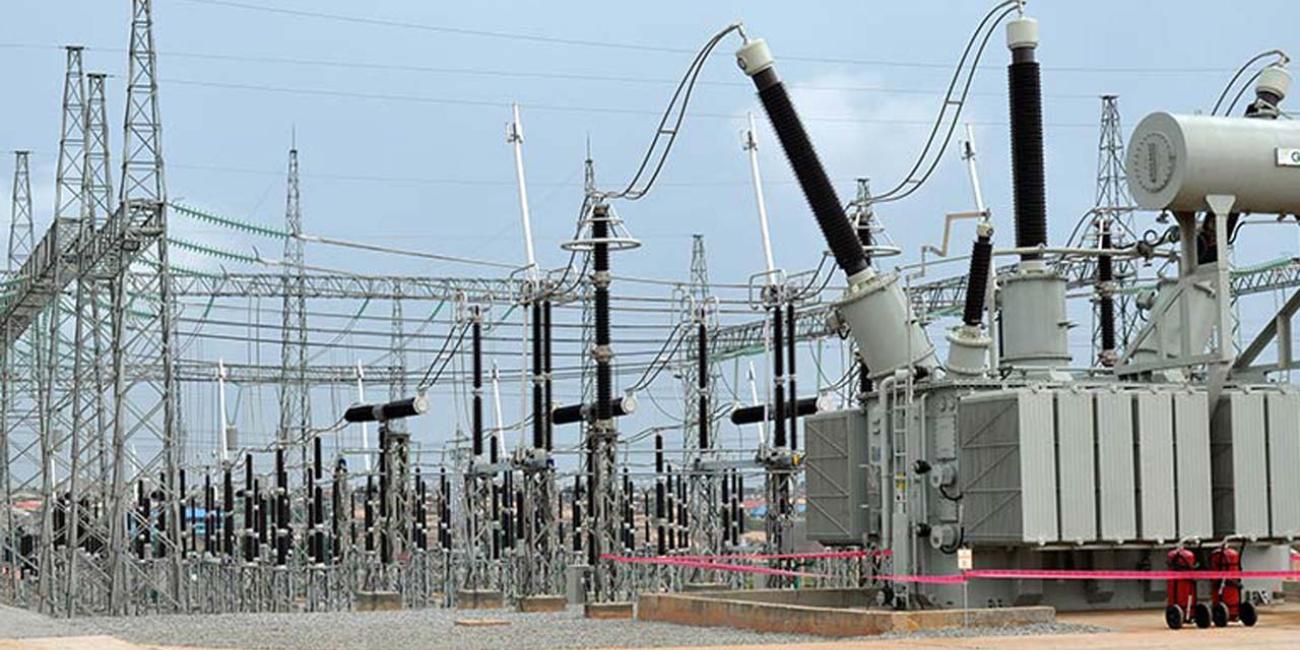The Nigerian Electricity Regulatory Commission (NERC) has announced the adoption of the African Forum for Utility Regulators (AFUR) mini-grid tariff tool, a move aimed at ensuring fair and efficient pricing for electricity in underserved areas.
This significant development marks a turning point for Nigeria’s energy sector as the country struggles to address its recurring power shortages and grid failures that have plunged millions into darkness.
The new tariff tool, developed through a collaboration between NERC, AFUR, and other energy sector stakeholders, is designed to enhance the process of determining cost-reflective tariffs for mini-grid projects. Mini-grids, which operate independently of the national grid, have been identified as a viable solution for providing stable electricity to remote and rural communities.
NERC noted that the tool would simplify processes, improve regulatory oversight, and foster economies of scale, ultimately reducing electricity costs for end-users. The commission stated that mini-grid developers will be required to use the tool for filing permit applications beginning Monday, December 16, 2024.
The AFUR mini-grid tariff tool introduces portfolio applications, a critical feature that allows developers to register multiple mini-grid sites under a single application. This innovation is expected to reduce administrative hurdles that have slowed project approvals in the past and encourage developers to scale operations efficiently.
NERC also disclosed that the tool will be rolled out across 30 African countries, ensuring a consistent regulatory framework for mini-grids across the continent.
By aligning regulations, the tool will make it easier for project developers to operate across jurisdictions, promoting cross-border energy investments and fostering regional development.
Nigeria’s electricity sector has faced persistent challenges, with frequent collapses of the national grid becoming a major concern. The grid power has failed at least 10 times in 2024 alone, leaving households and businesses to grapple with the consequences of unreliable power supply. The latest collapse occurred on Thursday, December 12, exacerbating the hardships faced by millions of Nigerians.
Businesses have been particularly hard-hit, as they are forced to rely on expensive diesel and petrol generators to maintain operations amid rising fuel costs following the removal of fuel subsidies earlier this year.
Chigozie Okafor, a small business owner in Lagos, described the devastating impact of power outages on local businesses. “We can’t rely on the national grid anymore. My shop runs on generators for most of the day, but the cost of diesel is unbearable. The government needs to focus on alternatives like mini-grids to save small businesses like mine,” he said.
Many Nigerians share Okafor’s sentiment, as the country’s energy crisis has stifled economic productivity and pushed households into financial strain.
Mini-grids, which are small-scale, localized energy grids, provide electricity to specific communities and are often powered by renewable energy sources such as solar, wind, hydro, and biomass. For rural areas that are disconnected from the national grid, mini-grids represent a sustainable and cost-effective solution to Nigeria’s power crisis.
Energy experts believe that scaling up mini-grid projects will not only improve access to electricity but also reduce dependence on fossil fuels, contributing to Nigeria’s climate goals and international commitments to cut carbon emissions.
Dr. Ibrahim Sani, an Abuja-based energy consultant, praised NERC’s adoption of the AFUR tariff tool as a progressive step toward addressing the energy deficit. “The tool introduces much-needed transparency and efficiency in the pricing of mini-grids.
By reducing administrative burdens and ensuring fair tariffs, it will attract investors who have been hesitant to enter Nigeria’s energy market,” Sani said.
He added that the tool’s ability to foster economies of scale could lower energy costs for consumers, particularly in rural communities where affordability remains a major concern.
Nigeria’s energy sector has long struggled with insufficient infrastructure, mismanagement, and underinvestment. The adoption of the AFUR mini-grid tariff tool signals a renewed commitment by the government to foster innovation and attract investment in the power sector.
The initiative also aligns with the recently amended Mini-Grid Regulations 2023, which provide a more robust framework for private-sector participation in mini-grid development.
NERC stressed that collaboration with stakeholders and international partners will be critical to addressing the challenges that have plagued Nigeria’s energy sector for decades.
The announcement comes at a time when households and businesses are demanding urgent solutions to the country’s unreliable electricity supply.
The repeated failures of the national grid have underscored the need for alternative energy solutions that can provide stability and reliability. Mini-grid projects offer a viable option, particularly for rural communities that remain disconnected from the national grid.
By leveraging renewable energy sources, mini-grids can provide affordable and clean electricity, reducing the financial burden on consumers who have had to rely on expensive and polluting diesel generators.
Professor Olufemi Adedayo, an energy economist, emphasized the importance of mini-grids in driving rural electrification and economic development. “Mini-grids are the most practical solution for rural communities that the national grid cannot reach.
They are scalable, efficient, and can be powered by renewable energy, which makes them a sustainable option. The adoption of the AFUR tool will ensure that these projects are economically viable and that the tariffs charged reflect the actual cost of generating and distributing power,” Adedayo said.
Despite the progress, challenges remain in scaling up mini-grid projects across Nigeria. Experts have pointed to the need for greater financing, improved infrastructure, and technical capacity to support the widespread deployment of mini-grids.
Ensuring compliance among developers and addressing regulatory bottlenecks will be critical to the success of the initiative.
NERC has pledged to work closely with developers, international donors, and government agencies to overcome these hurdles and create an enabling environment for mini-grid operators.
The adoption of the AFUR mini-grid tariff tool represents a significant milestone in Nigeria’s efforts to address its electricity challenges and attract investment in the power sector.
By introducing regulatory consistency, reducing administrative barriers, and promoting cost efficiency, the tool is expected to drive the development of mini-grids and improve energy access for millions of Nigerians.
For businesses and households struggling with unreliable power supply, the expansion of mini-grid projects offers a glimmer of hope for a more stable and affordable electricity future.
As the December 2024 compliance deadline approaches, stakeholders are optimistic that this innovative approach will help bridge Nigeria’s energy gap and improve the lives of millions.
The success of the mini-grid subsector will depend on continued collaboration between the government, private developers, and international partners. For a country that has long been plagued by power shortages, the adoption of this tool could mark the beginning of a more reliable and sustainable energy future.




